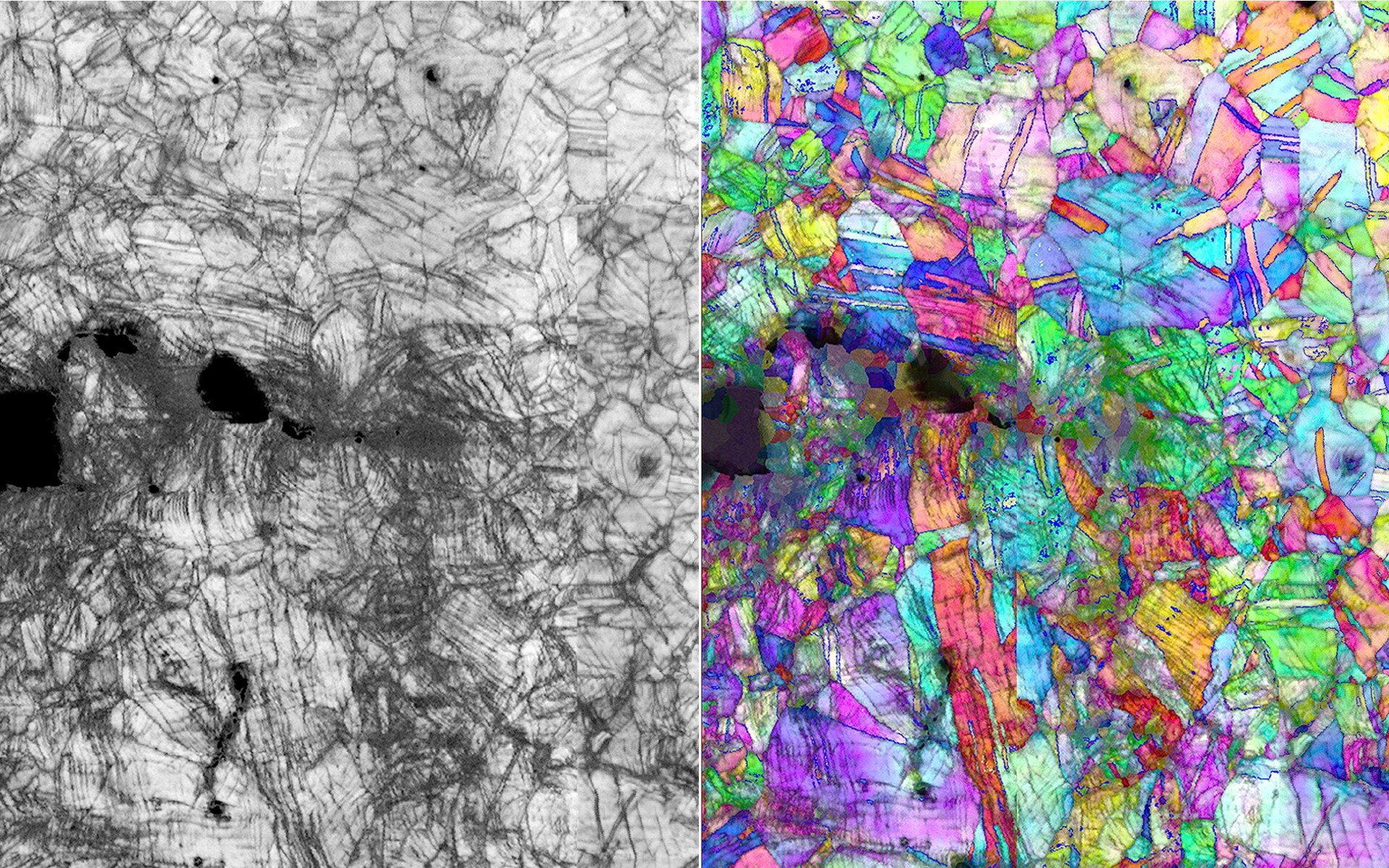According to the study published in eLife, infection with a bacterium that causes gum disease and bad breath may also increase the risk of heart disease.
Coronary heart disease (CHD) is the most common form of heart disease and is responsible for about one-third of all deaths worldwide. It is caused by a buildup of plaque that collects in the walls of the arteries that supply blood to the heart. This results in an obstruction to blood flow. When the flow of blood to the heart is severely reduced or blocked, a heart attack occurs.
Now this new study suggests bacteria, viruses, and other microorganisms also play role in heart disease
Flavia Hodel, the lead author of this study, said, “Although enormous progress has been made in understanding how coronary heart disease develops, our understanding of how infections, inflammation, and genetic risk factors contribute is still incomplete,”
“We wanted to help fill some of the gaps in our understanding of coronary heart disease by taking a more comprehensive look at the role of infections.”
Researchers foresee that treatments for infection with the oral bacterium Fusobacterium nucleatum may help reduce heart disease risk
In this study, researchers analyzed genetic information, health data, and blood samples from a subset of 3,459 people for 12 years. Participants’ blood samples were tested for antibodies against 15 different viruses, six bacteria, and one parasite.
Researchers observed that one of the bacteria Fusobacterium nucleatum was linked with a slightly increased risk of a cardiovascular event. Fusobacterium nucleatum is a very common mouth bacteria that can lead to gum inflammation (gingivitis) and gum infection (periodontitis).
“F. nucleatum might contribute to cardiovascular risk through increased systemic inflammation due to bacterial presence in the mouth, or through direct colonisation of the arterial walls or plaque lining the arterial walls,” Hodel explains.
The research suggests another potential risk factor to identify individuals at risk of heart disease. Moreover, it will also help in better understanding the way infection affects the development of heart disease.







